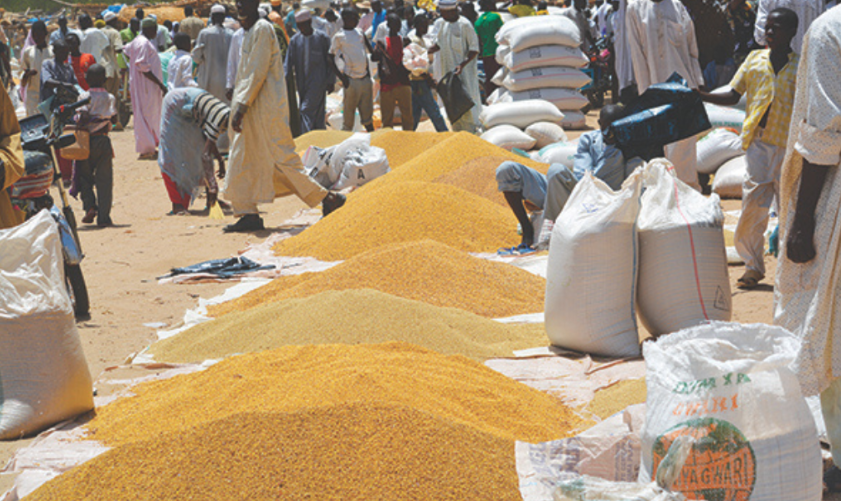Niger: Effective measures by the authorities to ease the cost of living through lower grain prices

Cereal markets in Niger are currently experiencing a notable calm, marked by a general decline in prices. According to data published by the Agricultural Market Information System (SIMA) for the week of September 10–16, 2025, this trend is the result of measures implemented by the authorities, combined with the gradual arrival of the first harvests.
Several actions have contributed to this drop in prices: destocking operations by the Niger Cereal Products Office (OPVN), sales at moderated prices, targeted free food distributions, as well as strict management of national reserves. These initiatives, together with the abundant supply from the harvests, have helped contain demand and ease the tensions usually observed during the lean season.
The figures confirm this positive dynamic. Within one week, the price of millet and maize fell by 2%, sorghum and imported rice by 1%. On an annual basis, the declines are even more pronounced: -34% for millet, -42% for sorghum, -45% for maize, and -26% for imported rice. This development provides real relief for households whose diets rely heavily on these staple products.
For example, the price of a 100 kg bag of millet dropped from 23,665 CFA francs to 23,119 CFA francs, while that of sorghum fell from 21,197 CFA francs to 20,881 CFA francs. Maize followed the same trend, with an average price of 21,379 CFA francs compared to 21,783 CFA francs the previous week. Imported rice is now being sold at 12,304 CFA francs for a 25 kg bag.
This downward trend demonstrates the effectiveness of the measures taken by the authorities to protect the purchasing power of the population. It also illustrates the country’s ability to anticipate and proactively manage its supplies. By strengthening the availability of essential foodstuffs and structuring trade networks, the government is succeeding in significantly easing the cost of living for Nigeriens.






